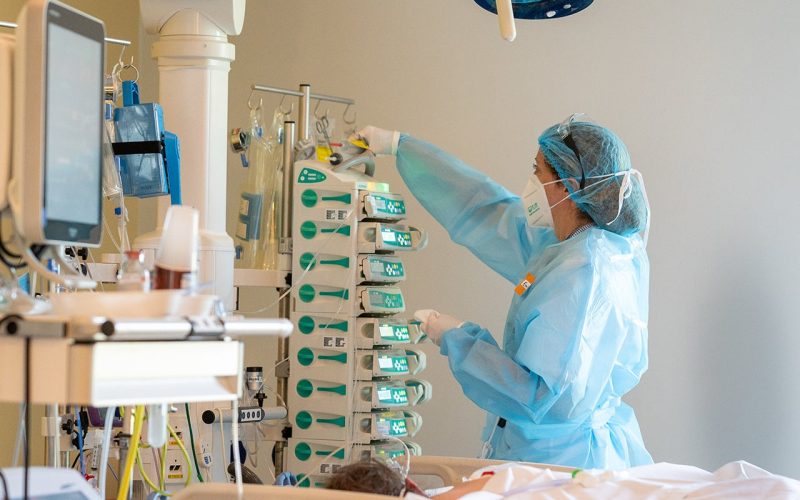Starting simvastatin, a readily available and inexpensive drug included in the WHO list of essential medicines, is likely to improve the outcome of critically ill patients with COVID-19. When 33 patients are treated with simvastatin on top of standard care for COVID-19, one more person survives, than without treatment with simvastatin. This is according to worldwide research, in which the European research leader is intensivist Lennie Derde from UMC Utrecht. “These results are really encouraging because simvastatin is an inexpensive drug with limited side effects,” Derde said.
REMAP-CAP is a global adaptive platform trial, investigating multiple treatments for hospitalised patients with respiratory tract infection. The trial mobilised to evaluate specific treatments for COVID-19 patients in ICUs in early March 2020, and continues to do so for COVID-19, influenza, and other causes of severe respiratory infection. The trial has now simultaneously released results about two of its treatments, vitamin C and simvastatin.
Published today in JAMA and NEJM, and presented at the LIVES conference of the European Society of Intensive Care Medicine in Milan, the studies are part of the ongoing Randomized Embedded Multifactorial Adaptive Platform for Community Acquired Pneumonia (REMAP-CAP) trial.
Simvastatin, a widely available and inexpensive drug that is included on the WHO list of essential medicines, was shown to have a high probability (96%) of improving outcomes (a combination of survival and length of time patients need support in an intensive care unit) when started as a treatment for critically ill patients with COVID-19, and a 92% chance of improving survival at 3 months. This equates to one life saved for every 33 patients treated with simvastatin. 2684 critically ill patients were included at 141 hospitals across 13 countries.
Vitamin C is widely available around the world and was used in some settings for the treatment of COVID-19. Through harmonizing two clinical trials – REMAP-CAP and LOVIT-COVID – over 2500 patients in 20 countries took part, including both critically ill and non-critically ill patients with COVID-19 in hospital. It was shown that high dose vitamin C did not improve outcomes for patients. This is the largest trial examining high-dose vitamin C in COVID-19 and provides evidence that high-dose vitamin C is not beneficial and suggests a high probability that it may be harmful.
“It is encouraging to see REMAP-CAP continue to deliver results to our scientific community. The publication of these two results at the same time shows the efficiency and speed of the design. We have also shown that combining results from trials, like we did for vitamin C with LOVIT-COVID is feasible, and we can collaborate across the globe.” Says Lennie Derde, the European lead for the trial.
REMAP-CAP is a global adaptive platform trial investigating multiple treatments for hospitalised patients with respiratory tract infection. The trial mobilised to evaluate specific treatments for COVID-19 patients in ICUs in early March 2020, and continues to evaluate multiple interventions for COVID-19, influenza, and other causes of severe respiratory infection.

